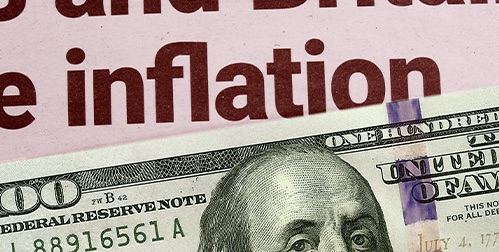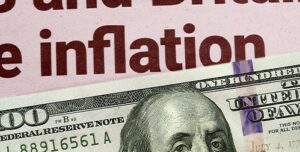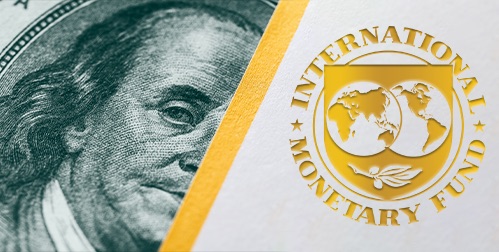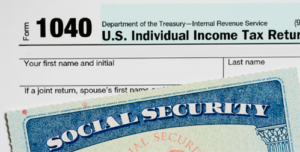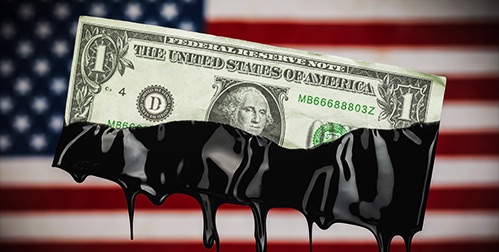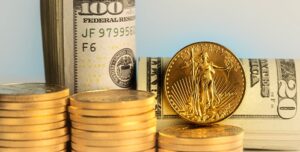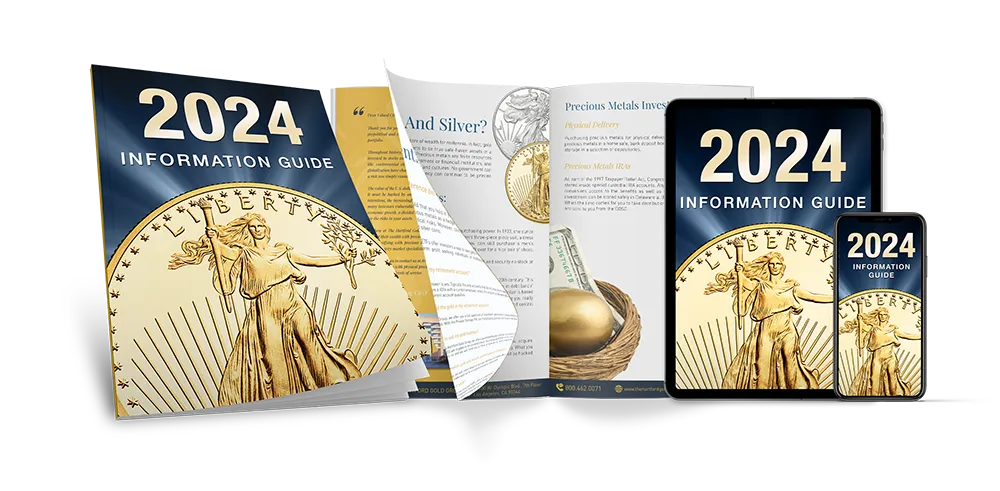- The banking crisis spurred gold demand in the first quarter of 2023 onto one of its highest levels on record
- Prices were bolstered by Russia acquiring sanction proof assets
- A gold buying opportunity presented itself as fears of continued rate hikes caused a price dip
Investors Flock to Gold
Gold saw one of its best quarters this year. Global economic instability sent investors flocking to the precious metal. State gold buying also bolstered demand. But fears of continued rate hikes caused a recent dip in gold prices. This dip presents investors with a tremendous gold buying opportunity.
Investors ran to gold to secure their wealth after the biggest banking meltdown since the 2008 Great Financial Crisis. As evidence, the US Mint saw historical demand for its gold bullion.
The Mint sold 215,000 ounces of gold in various denominations of its America Eagle gold coins. Those are the best March sales since 2018. In addition, the Mint had its best first quarter performance since 1999. They sold 435,500 ounces in the first three months of this year. March gold sales are up 38% from last year. Quarterly sales are also up.1
The US isn’t alone in record gold sales. The Perth Mint sold the most gold coins since November. And their sales were up more than 54% from February. The managing director of Metals Focus said, “Coin and bar demand since the pandemic have been eye-watering high. Global demand for gold and silver are expected to remain healthy through 2023.”2
The demand for gold extends beyond individual and institutional investors. As China continues its gold buying spree, Russia is fervently building its own gold reserves. They are strategically investing in assets that can’t be sanctioned. Russia’s Central Bank Governor said, “We are building reserves based on what assets cannot be used for sanction pressure and how our foreign trade is changing.” Following Russia’s invasion of Ukraine, around $300 billion was frozen due to sanctions. That amount is about half of the country’s international reserves. The G7 has pledged to maintain sanctions for as long as the Ukraine war continues. Analysts expect Russia’s gold purchasing to continue for as long as sanctions remain.3

Price Dip Presents Buying Opportunity
After surging to near all-time highs, gold prices dropped below the key $2,000 level. The price dropped out of concern that the Fed won’t cut interest rates in the face of persistent inflation. The St. Louis Fed Chief said the Federal Reserve should continue raising rates. A stronger dollar reduces overseas demand for the greenback-priced gold. And higher rates blunt non-yielding bullion’s appeal.
Recent earnings reports and a stock market rally also put downward pressure on the price of gold. The chief market strategist at Blue Line Futures said, “Anytime you get earnings, you get a lot of people chasing individual stocks and that could also cause them to not invest so much in metal.”4
However, the head of commodity strategy at Saxo Bank said gold’s rally has only been delayed. There is a growing consensus that the Fed will be forced to relent on interest rate hikes. The banking crisis and a looming severe recession will compel the Fed to alter its policy.
The temporary dip in gold prices presents a buying opportunity for investors. According to technical analysis from the Daily Forex, gold prices are on target to hit record highs this year. People looking to safeguard the value of their portfolios from the current economic turmoil should learn if gold is right for them. You can speak to an American Hartford Gold precious metals specialist to see how a Gold IRA can benefit you. Call them today at 800-462-0071.


